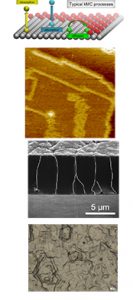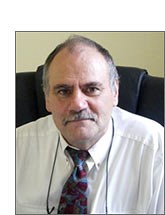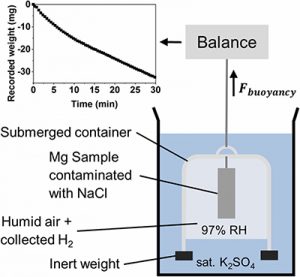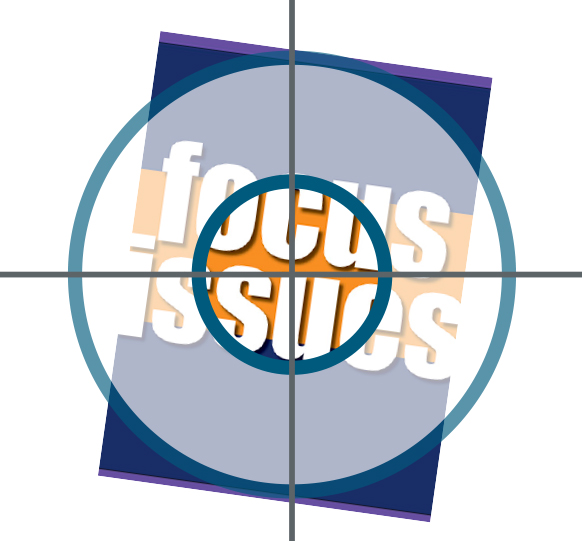 The Journal of The Electrochemical Society is publishing a focus issue in connection with the 241st ECS Meeting Nucleation and Growth symposium.
The Journal of The Electrochemical Society is publishing a focus issue in connection with the 241st ECS Meeting Nucleation and Growth symposium.
This focus issue aims to capture the latest findings and insights related to phase transformation in electrochemical systems. Contributions for this cross-disciplinary pursuit are sought from researchers with diverse expertise and backgrounds reporting on the latest experimental and computational approaches to understanding nucleation and growth phenomena during electrodeposition and dissolution.
Modern imaging, scattering, and spectroscopy tools along with related methods are enhancing our understanding of phase transformations across a wide range of length scales. In the case of electrodeposition, nucleation and growth play a central role in applications ranging from microelectronics and MEMS to energy conversion and storage systems. This focus issue brings together researchers with diverse expertise and backgrounds to share new experimental and computational approaches to enable progress in the mechanistic understanding of nucleation and growth phenomena. Interest is focused on resolving and explaining the morphological, structural, and compositional evolution of electrode surfaces during electrodeposition. Understanding shape selection, stability criteria, and exploring engineering strategies aimed at specific technological ends are also of interest. (more…)







 The
The